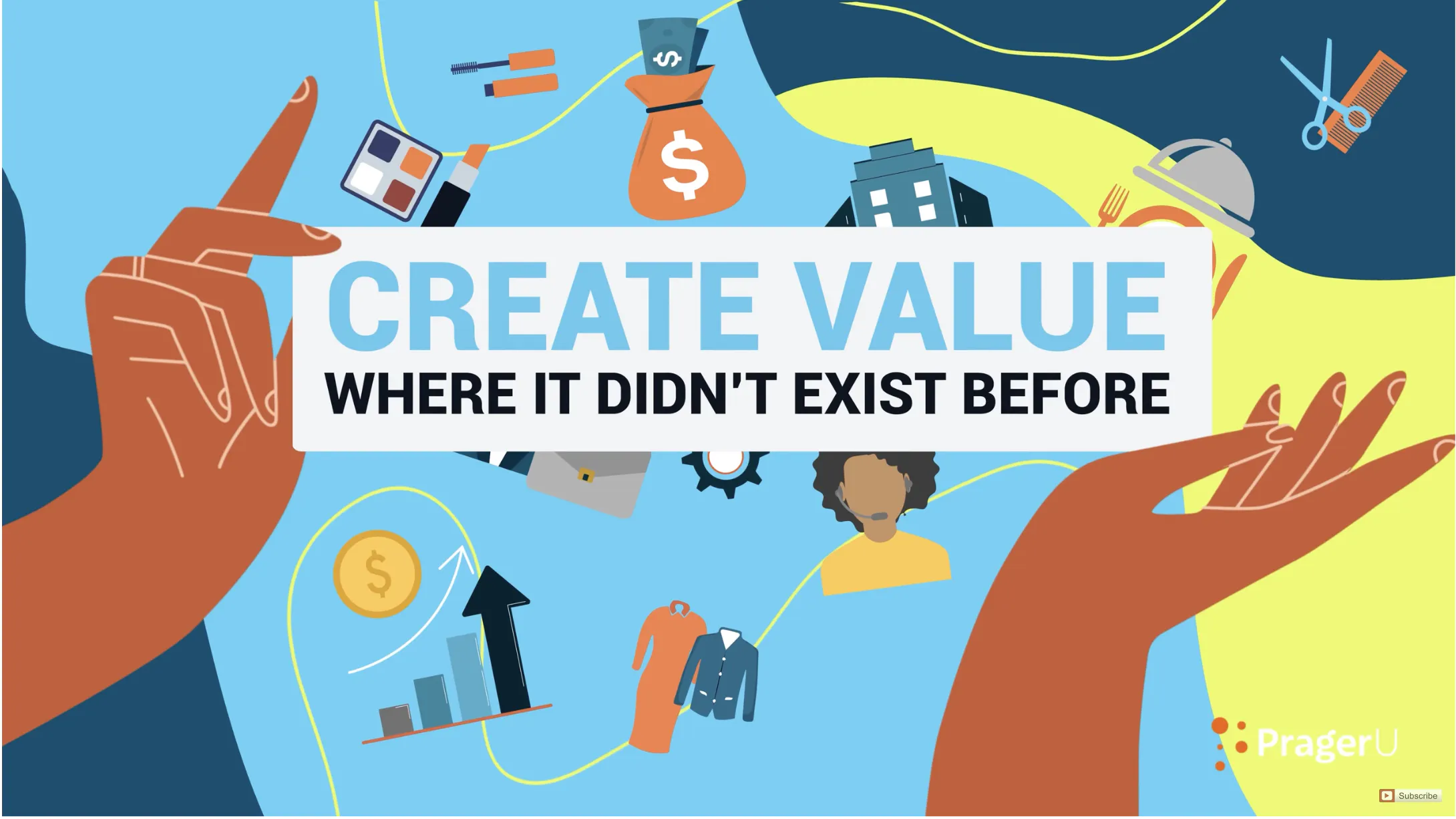As early as grade school, American children, especially from minority or disadvantaged backgrounds, are being told they should pursue social activism or even political revolution in order to make the country a better place.
But Alfredo Ortiz, CEO of Job Creators Network and the son of Mexican immigrants, argues that private enterprise would be a more effective way to achieve positive social change.
“If you want to make America a better place for everyone, especially minorities, forget social activism,” Ortiz said. “Instead, start a business.”
Ortiz notes that unlike activists and politicians, entrepreneurs create jobs and economic opportunities, not only for themselves, but for the people around them. The approximately 44 million small businesses in the United States provide roughly ⅔ of all new jobs.
Ortiz also notes that, relative to their share of the American population, “minorities start businesses more often than their white counterparts.”
According to the Kaufman Foundation, 360 out of 100,000 Americans will start a business in any given month, but among Hispanics, 540 per 100,000 will do so, and that disproportionate likelihood of starting a business has had rapid economic impacts.
“The ratio of household wealth between whites and Hispanics went from 8:1 to 5:1 between 2013 and 2019 as Hispanics became entrepreneurial,” Ortiz said. “There are 10 million minority-owned small businesses in America, generating $2 trillion of annual wealth and employing 10 million people.”
Ortiz cites the example of the Guthrie brothers, co-owners of Detroit Chassis, which assembles frames for motorhomes and trucks. The Guthries grew the company from a small workshop into a major manufacturer that brings in more than $100 million every year and employs more than 150 people, most of whom, like the Guthrie brothers, are black.
Ortiz argues that the American system is not rigged, and that people of all racial backgrounds can and will succeed if given the opportunity to do so. However, he argues that a large, redistributive state will cause the opposite of its desired effect by favoring large and well established firms over new businesses, limiting economic mobility.
“Small businesses, because they are small, are much more vulnerable to bad government policies.”
Minimum wages, inflation, rising energy costs, and many other hardships brought on by government policy disproportionately cut into the slim profit margins of small, local firms. Without profits, small businesses cannot develop new products, or hire new workers — if they start taking on losses, they may not even be able to operate.
“To lift up minorities and close the racial and ethnic wealth gap,” Ortiz says, “we should look to the millions of economic pioneers, many of them minority entrepreneurs, who are risking everything to make their lives, and our lives, better every day.”
WATCH:

.png)
.png)

